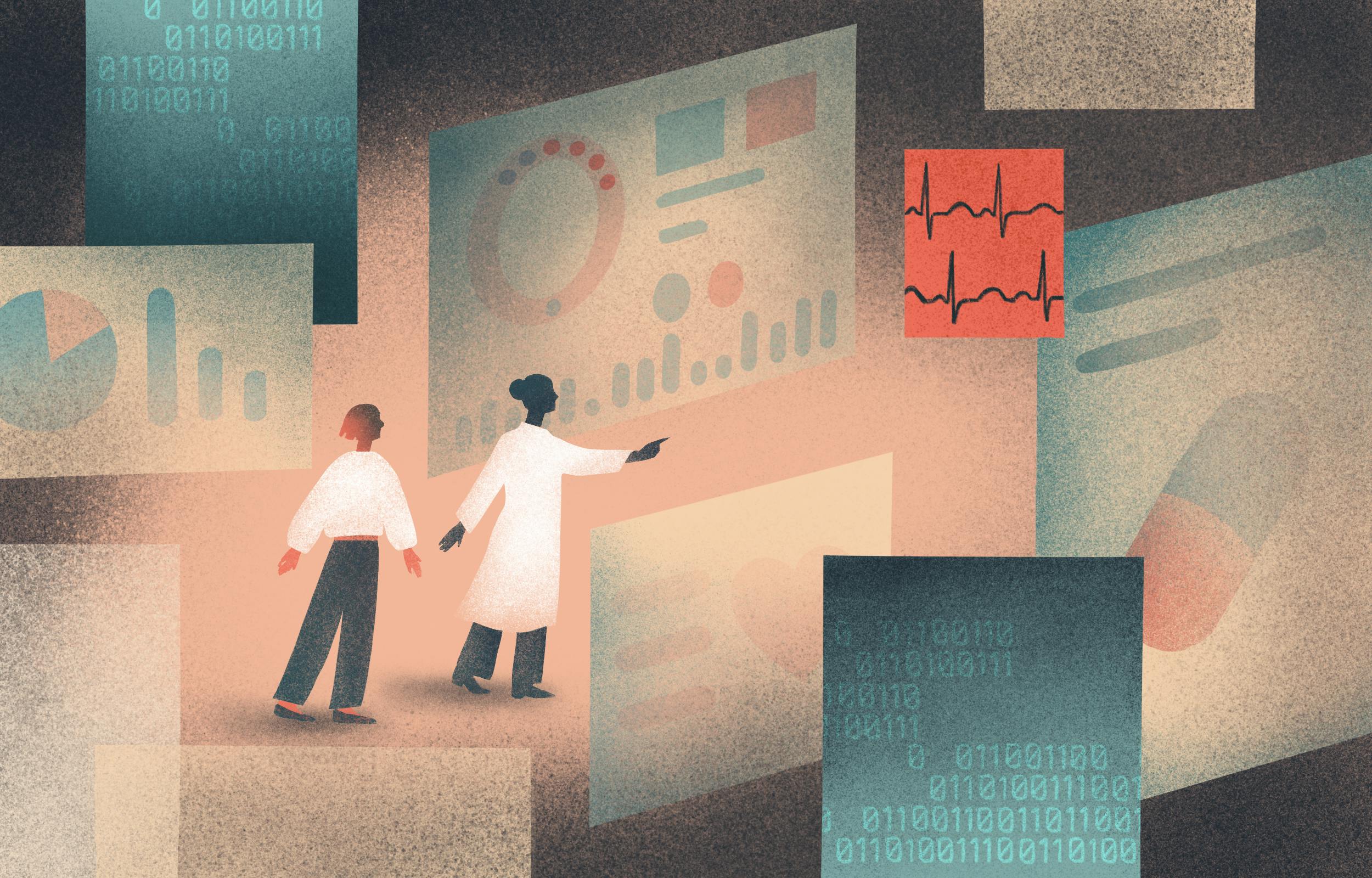Withings agrees - a cardiologist should help you interpret biometric data
How do you make sense of all the biometric data collected from wearables and other medtech devices?
With the rise of AI-driven interpretive insights built into digital health interfaces and wearables, medtech is leaning away from the traditional specialist office visit as the source of diagnostic truth in preventive care.
However, even when it comes to elective medtech device use, data review by a medical professional is still the gold standard. After all, who better to help you make sense of all the noise in the data collected from your own body?

A new feature: That’s the idea behind smart device manufacturer Withings’ new Cardio Check-Up telemedicine service, available soon to Withings Plus subscribers.
- The premium subscription costs just under $100 a year and will now include four annual check-ups for users with ECG-enabled Withings devices.
- Though it’s categorized as telemedicine, the check-up is asynchronous. In other words, the cardiologist reviewing your heart health data won’t speak to you live but rather review your data and generate a heart health report for you within 24 hours.
- The feature is the result of a years-long collaboration with startup Heartbeat Health, the largest virtual-first cardiology provider in the U.S.
This kind of feature itself isn’t new. AliveCor, manufacturer of the KardiaMobile six-lead personal ECG devices, offers cardiologist reviews of its subscription-tier users’ on-the-go ECG readings. What is new is such a feature being available for data generated from more casual wearables like smartwatches—and the launch of this feature by a company otherwise leaning further into AI-assisted data interpretation.
Human v. software: The launch of this feature marks an interesting admission that, while software and AI can add a lot of clarity to health data, it can’t (yet) replace feedback from a human medical professional.
- Patients and smart device users are still comforted and excited by the opportunity to get peace of mind and insights from a medical professional, even if their devices might be able to detect some abnormalities on their own.
- Some health data complexity requires a human touch to be clinically valuable, while software can continue offering value with simpler screening and tracking applications. There’s possibly no better context within which to ensure human-led analysis than cardiology, a famously complex area of human health.
- On one hand, Withings' other recent reveal—their Omnia diagnostic smart mirror concept, complete with a built-in AI health coach—makes headlines for offering a hands-free full-body health workup. Yet, on the backend, Withings is bringing human healthcare providers deeper into their offerings.
While the Omnia may be much more futuristic and flashy than the Cardio Check-Up, Withings’ digging deeper into both hands-on and hands-off diagnostic features shows us the future of personalized health data rests on an even deeper collaboration between human experts and machines. And we couldn’t be more excited for the insights to come.